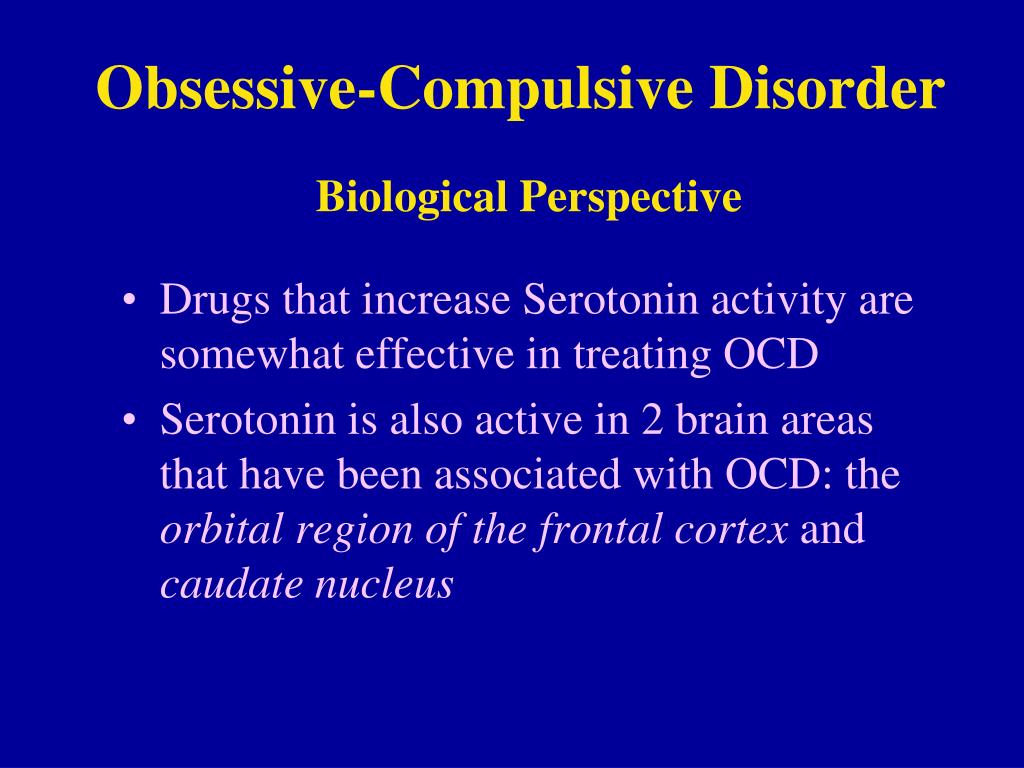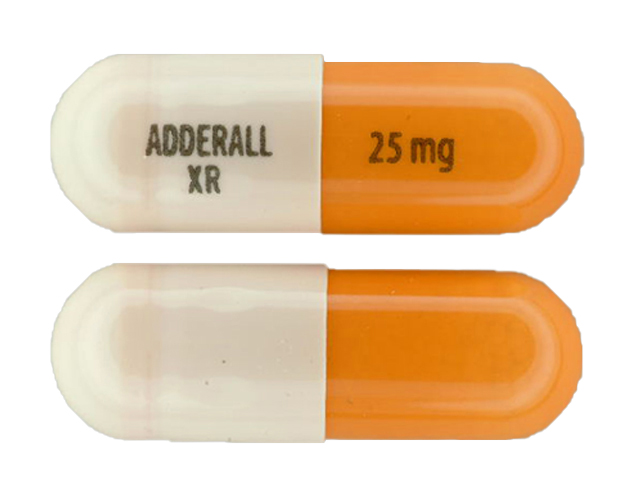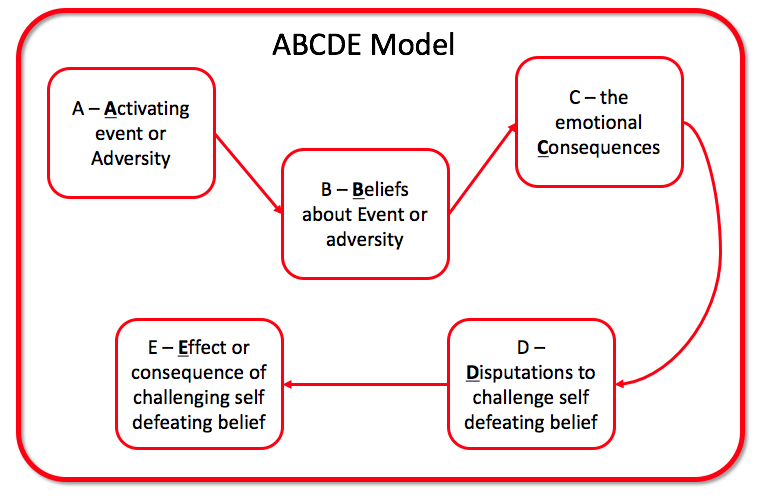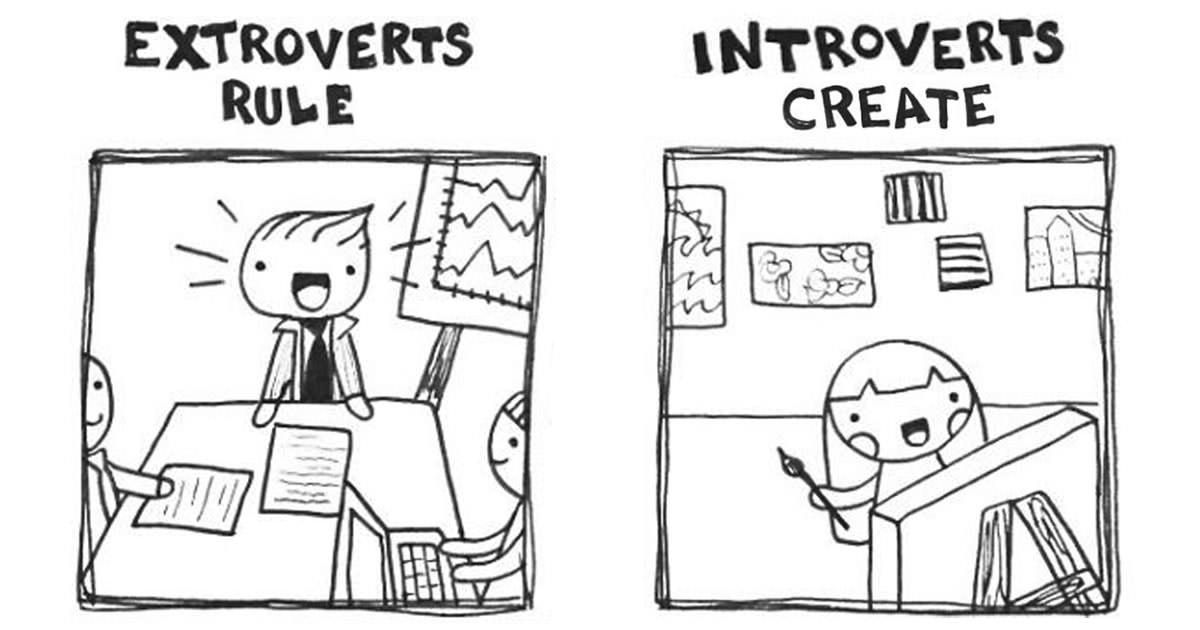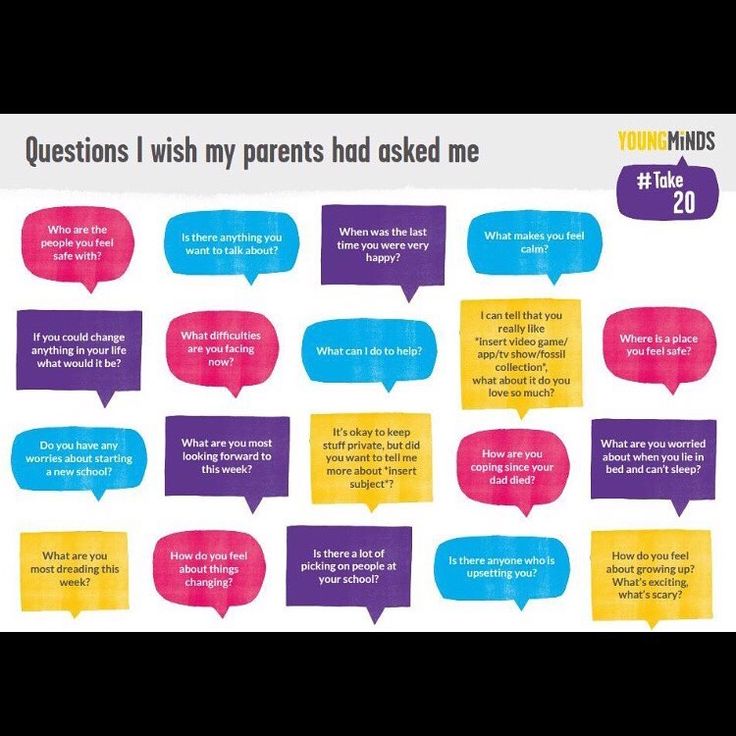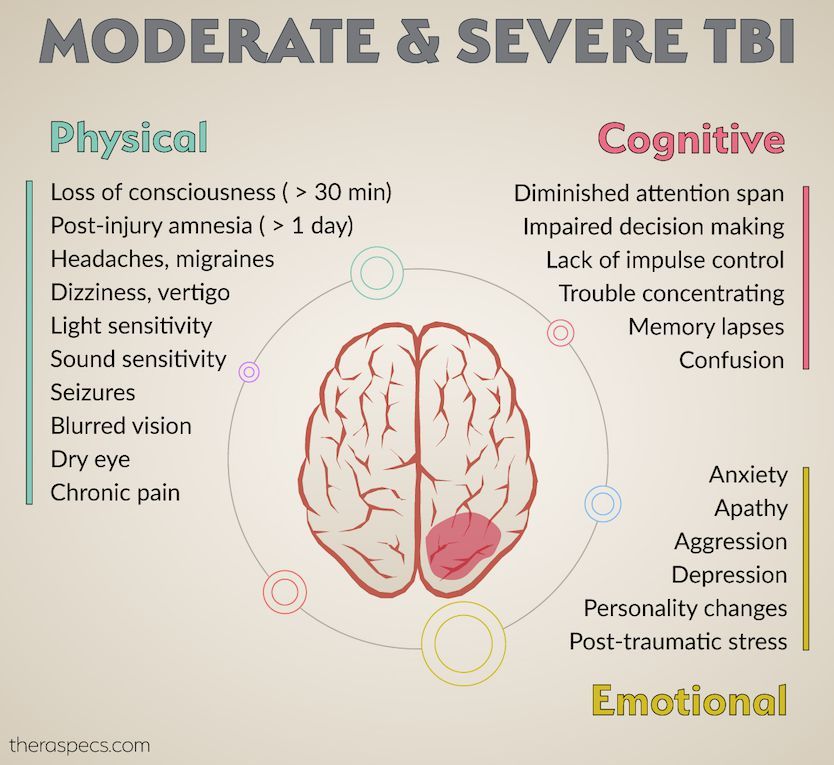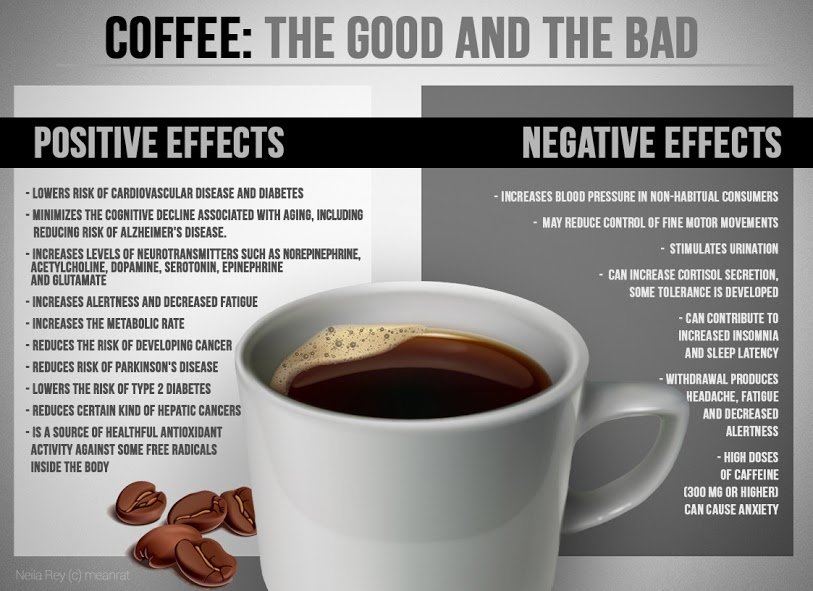Life with intention
Live With Intention: A Guide to Intentional Living
We all want to live with intention and on our own terms, but a lot of our days are stuck on autopilot. It’s easier to go through the motions and let external events or people control our day than to set intentions and follow through with them. However, by creating awareness about intentional living we can direct our own course and live a life that is true to our wants, needs, goals and desires.
Signs you are stuck on autopilotIn order to live with intention, you first need to start recognizing the signs that you’re not controlling your own life. Some of the signs are:
- You do a lot of things without thinking about them.
- Your daily routine is predictable.
- You make excuses to not try new things.
- Your default mode is scrolling through your phone.
- You say yes to everything.
- You’re not making progress on your goals.
- You feel like your life is missing something, that there is a better life to be lived.
How many of those signs do you recognize? Even if it’s only one or two you could definitely be living with more intention and taking charge of your own life and actions. Let’s get to work!
It’s time to get off autopilotHow to live with intentionLiving intentionally means taking stock of where you are now (mentally, physically, and emotionally). It also means being honest and accepting with yourself. You have to ask yourself the hard question – what is it I truly want with my life?
1. Decide what is important to youThe first step to living with more intention is to assess what is important in your life. What exactly are your priorities and what would help you feel more fulfilled and satisfied? Where do you want to be spending your time and with whom? What are your goals and what could help you achieve them? How do you want to change your life to live better?
2.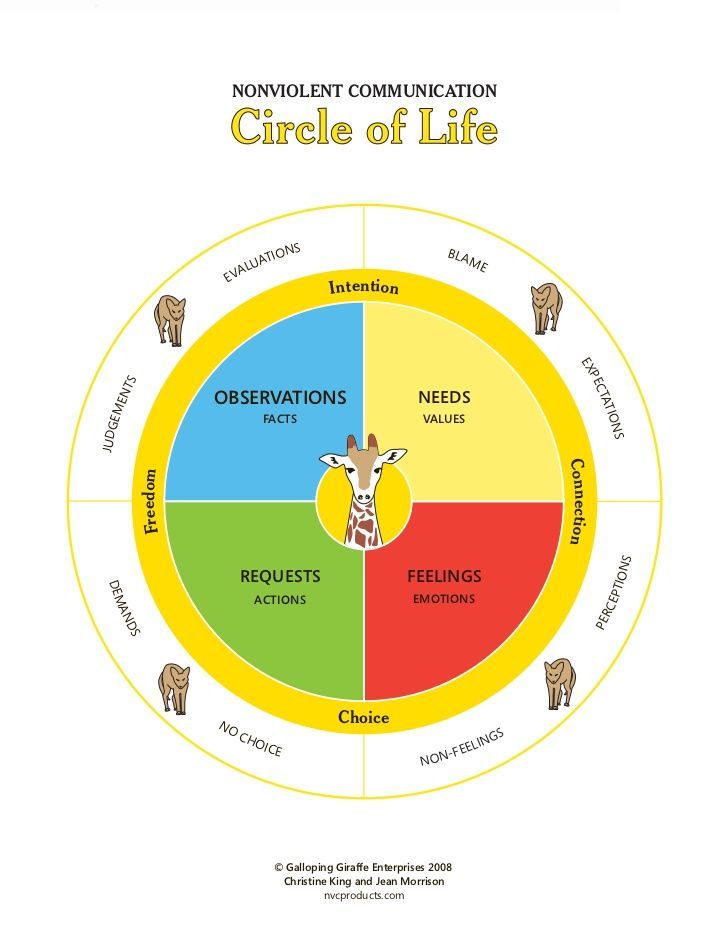 Create awareness by tracking
Create awareness by trackingA simple way to change behavior and stop doing things that don’t serve your intentions is through tracking your actions. Pick a day (or better yet, a week) and track the time you spend on common autopilot/response mode time such as:
- Social media scrolling
- News (reading, watching, listening)
- Saying yes to requests for your time
- Anything else that you default to without thinking about it
Once you are aware of how much time you are spending on time-wasters (as I like to call them), you can start making more conscious decisions about where to spend your time.
3. Set goals and make a planOnce you define what is important to you and identify where you are wasting your time, it’s time to make a plan. For example, if your intention is to spend more time with your family, what does that look like? Does that mean cooking dinner and eating it at the table? Playing catch in the yard? Taking a road trip? Get specific on how you will intentionally spend more time with your family.
Along with this plan, be sure to include a goal and plan to reduce time spent on time wasters such as social media scrolling and autopilot tasks. You are making a choice to spend time on these tasks, and living intentionally is all about recognizing your choices. Define your goals for reducing time on tasks that don’t serve your ultimate goals or purpose. Almost by default, this will increase your time living with intention.
4. Practice mindfulness and be presentA regular mindfulness practice is a great way to live with intention. Mindfulness is all about being present, being aware of yourself and being grounded. Through mindfulness, you can be more “aware” of your actions, reactions, and the choices you are making. This awareness helps you “take control” of your decisions and live more by your intentions. You can practice mindfulness in many ways, including the following:
- Meditation – Sit and focus on the breath. Notice when your mind wanders and bring it back to the breath.
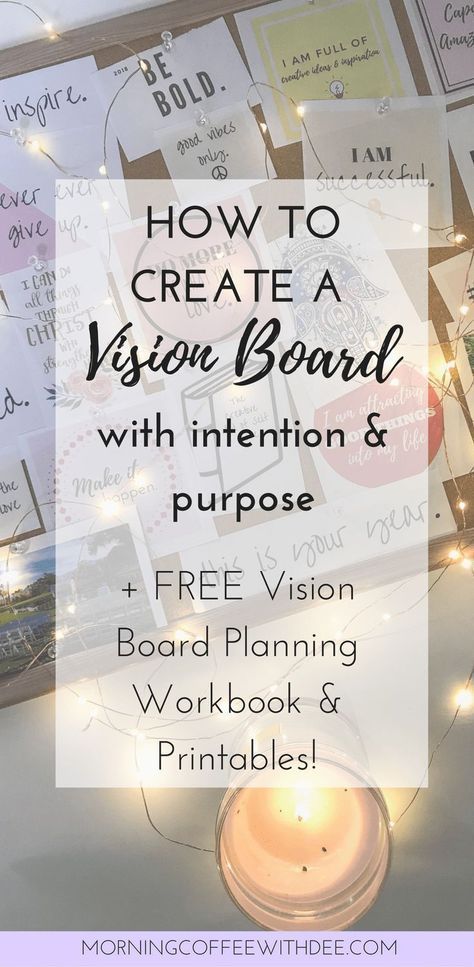 We like the apps Headspace or Calm.
We like the apps Headspace or Calm. - “Active” listening – Being fully present in the conversation. Noticing the other person’s voice, eyes, mouth, gestures.
- Mindful eating – Paying attention to all of the sensations of eating. The smells, the texture, the different tastes, the warmth.
- Walking – Really feel the sensations of walking. Observe your feet hitting the ground, feel the wind, see the trees, smell the grass, hear the birds chirping.
- Cravings – When a craving hits (whether it’s hunger or need to grab your phone), notice how you feel. What triggered the craving? Was it environmental or physical? Can you hold off? How does not satisfying the craving feel?
You can’t expect to make changes and live with intention right away. In order to get what you want, you have to put in the work. You will struggle, you will drift, you will fall back into old habits and autopilot mode.
That’s normal, you’re human. You’re wired for comfort.
To live with intention starts with a deliberate, conscious choice to pursue a particular course of action or direction. We have to practice deliberate intention every day or it won’t work. Just like an exercise plan, you need to stick with it and be consistent long-term to see results. Living with intention is made up of many small, conscious choices each and every day.
How are you choosing to live?Do you want to look back on your life in 20 years and regret not living with intention? How do you want to live better? Let us know in the comments below. We want to hear about your goals and how you are working on them. Also, tag us in a post on Instagram @realsimplegood and #TheRSGLife. Make the choice today to live with intention and take control of your life!
SHARE IT NOW OR PIN IT FOR LATER!
4 Simple Ways to Live With Intention (and Choose Your Own Path)
Many of us have been there - rushing through life on autopilot until we suddenly find ourselves in a place we didn’t intend to end up in.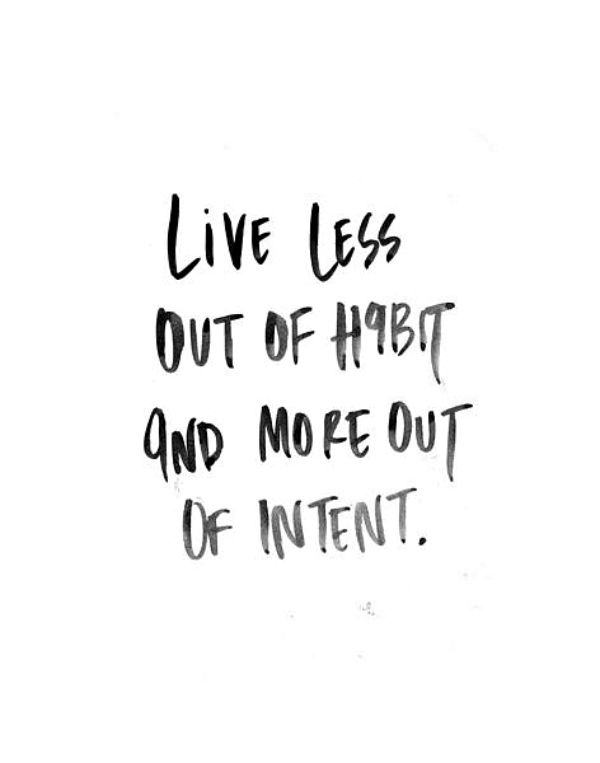 Could this have been prevented if we were living with intention more?
Could this have been prevented if we were living with intention more?
Most likely, yes. While life is full of uncertainties, we mostly have control over the choices we make. This allows us to set our own path and stay on it, if we want to. Living life with intention is all about finding your purpose and setting goals while carving out your own path in life. It’s about letting go of things that don’t serve you any more and making conscious decisions on what and who to include in your life.
In this article, I’ll take a look at what it means to live with intention, why it’s good for you and most importantly, how to live life with intention.
Contents
- What is living with intention?
- Why is living with intention good for you?
- How to live life with intention
- 1. Find your why
- 2. Set goals
- 3. Downshift
- 4. Take care of yourself
- Wrapping up
What is living with intention?
Simply put, living with intention is living with a plan.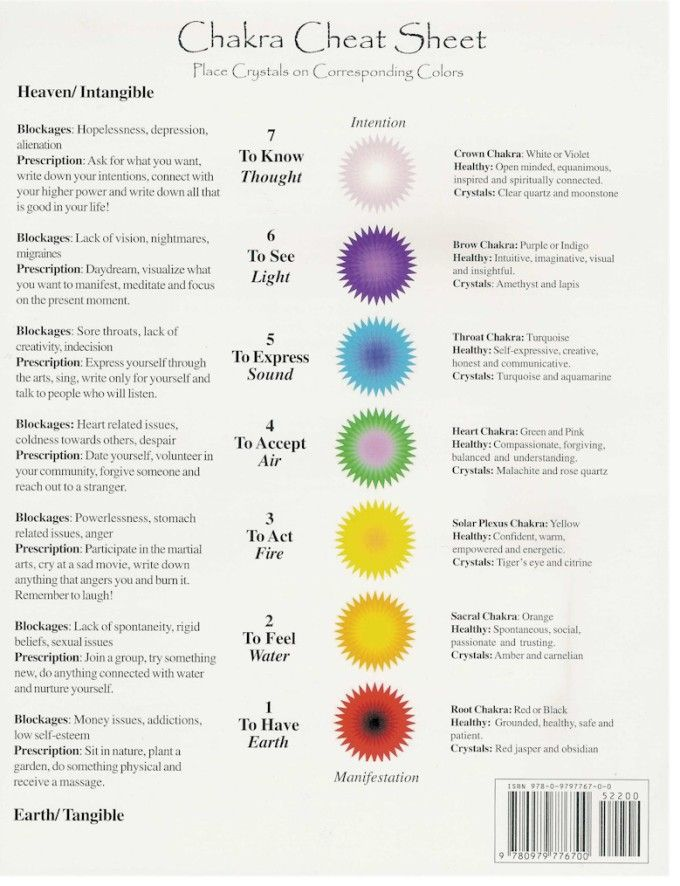 It’s all about making stuff happen instead of letting stuff happen to you, about staying on your path and not getting sidetracked by life’s distractions.
It’s all about making stuff happen instead of letting stuff happen to you, about staying on your path and not getting sidetracked by life’s distractions.
One way to think about living with intention is to think of life as a series of choices you have to make. While there are things that will influence your choices and you may not have all of the options all of the time, you are in charge of choosing your own path.
Living with intention is closely related to having a purpose in life.
It’s easier to take control of your life when you have found your purpose and know why you do the things you do and where you want to end up.
Another close, yet distinct phenomenon is slow living, which is all about only filling your life with things that are important and have meaning and value, and decreasing clutter in all areas of life.
Slow living means curating all areas of your life carefully and with intention. Every object and action serves a purpose, and nothing is there just for the sake of it.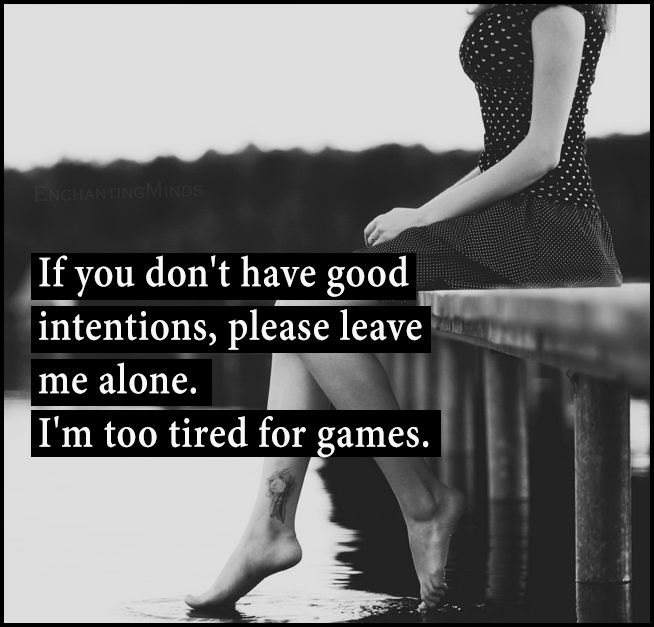 As an antithesis to fast fashion, fast food and the generally fast pace of modern life, it’s about finding contentment in simplicity.
As an antithesis to fast fashion, fast food and the generally fast pace of modern life, it’s about finding contentment in simplicity.
To quote Antoine de Saint-Exupéry:
Perfection is achieved, not when there is nothing more to add, but when there is nothing left to take away.
Antoine de Saint-Exupéry
💡 By the way: Do you find it hard to be happy and in control of your life? It may not be your fault. If you want to start feeling better, we've condensed the information of 100's of our articles into a 10-step mental health cheat sheet to help you be more in control. 👇
Being Happy Is Freaking Hard!
But it doesn't have to be! These 10 tips will protect you from anything that's trying to steal your happiness!
Why is living with intention good for you?
Being intentional about how you live your life can have plenty of benefits.
For example, people who live life with intention are more likely to have an internal locus of control - they believe that they can make stuff happen.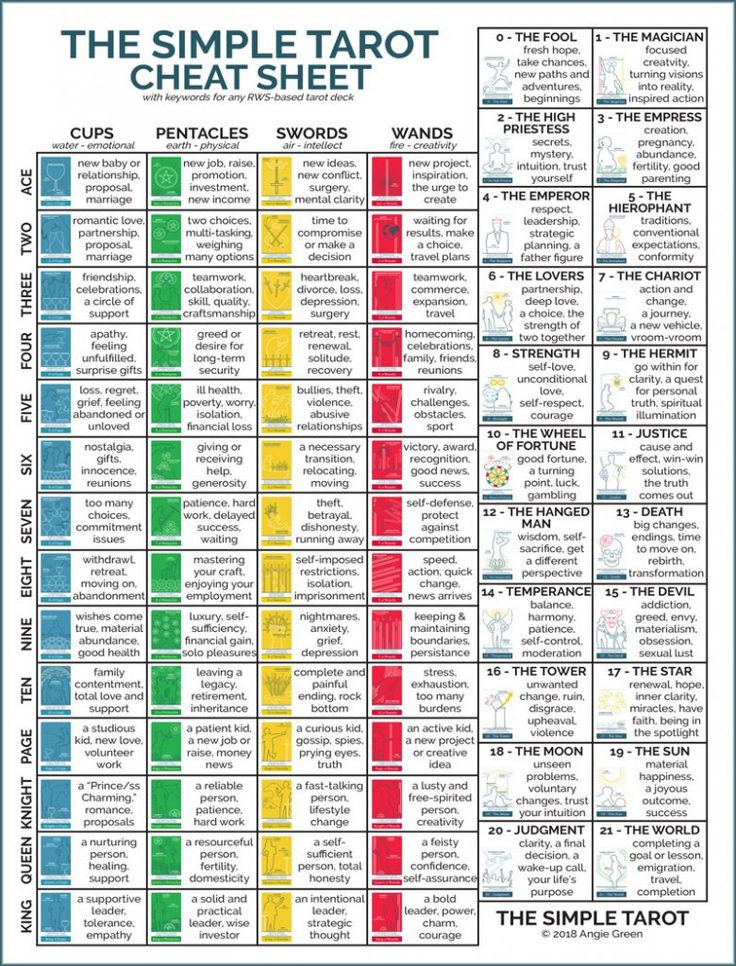
In turn, internal locus of control has been found to be positively correlated with happiness.
Another way in which living with intention can benefit you is related to having a purpose.
For example, having a purpose in life is related to overall positive mental and physical health outcomes, happiness and life satisfaction, and a reduced risk of mortality.
How to live life with intention
Turning off the autopilot and starting to live your life with intention can be scary at first.
Or maybe you’re all for living intently, but you just don’t know where to start.
Here are four simple steps you can take towards a life lived with intention.
1. Find your why
In order to set a plan, you need to know what you’re working towards.
If you’ve never thought about your purpose in life or haven’t figured out what you’re passionate about yet, this is the most important step to take on the way to living with intention.
To find your purpose, explore your interests and consider your values.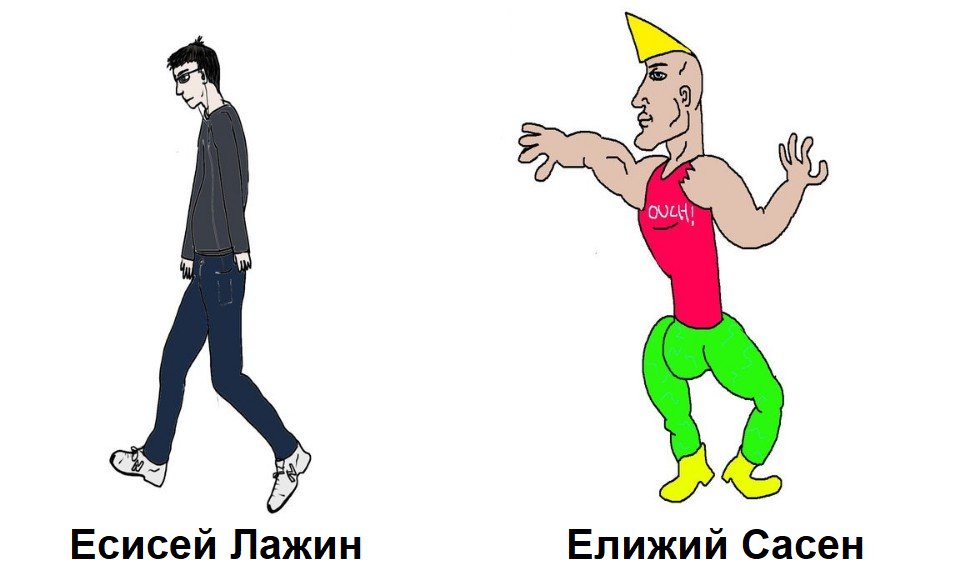 Journaling is a great way of self-discovery that can help you discover your purpose, as long as you keep an open mind while exploring.
Journaling is a great way of self-discovery that can help you discover your purpose, as long as you keep an open mind while exploring.
Another great, and slightly less introspective way to find your why, is to find inspiration in other people. Talk to your friends and family, as well as people who you don’t know that well, to expand your horizons.
2. Set goals
Whether you’ve found your purpose, or are still working on it, setting smaller goals is a good way to make sure that you’re working towards something and not just coasting through your days on autopilot.
You can set goals in whatever area of life you like and they can be short-term - for example, sorting through your closet this week - or long-term - for example, reaching a follower milestone on your blog in the next month. But remember, good goals are always specific and measurable.
A goal without a plan is a daydream.
Rick Conlow
3. Downshift
Many people find their lives to be cluttered and stressful, which can leave little room for intention and purpose. You can be the curator of your own life, so take full advantage of this power and make sure that everything in your life is there for a reason.
You can be the curator of your own life, so take full advantage of this power and make sure that everything in your life is there for a reason.
This can mean going through your belongings and donating the things that don’t serve a purpose for you anymore, unfollowing accounts that don’t speak to you on social media, or changing your career to something with less stress and more meaning.
4. Take care of yourself
As a psychologist, I have many tools and methods, but I am my most important tool.
No amount of training in different therapies is going to help my clients if I’m burnt out. And I think that this mindset should apply to everyone. Your skills and knowledge only work if you do.
A good craftsman always takes care of his tools, and if you’re looking to carve your life into one lived with intention, you need to take care of yourself, both physically and mentally.
Make sure that your basic physical needs like sleeping, eating and exercise are taken care of, and that you’re not under immense loads of stress.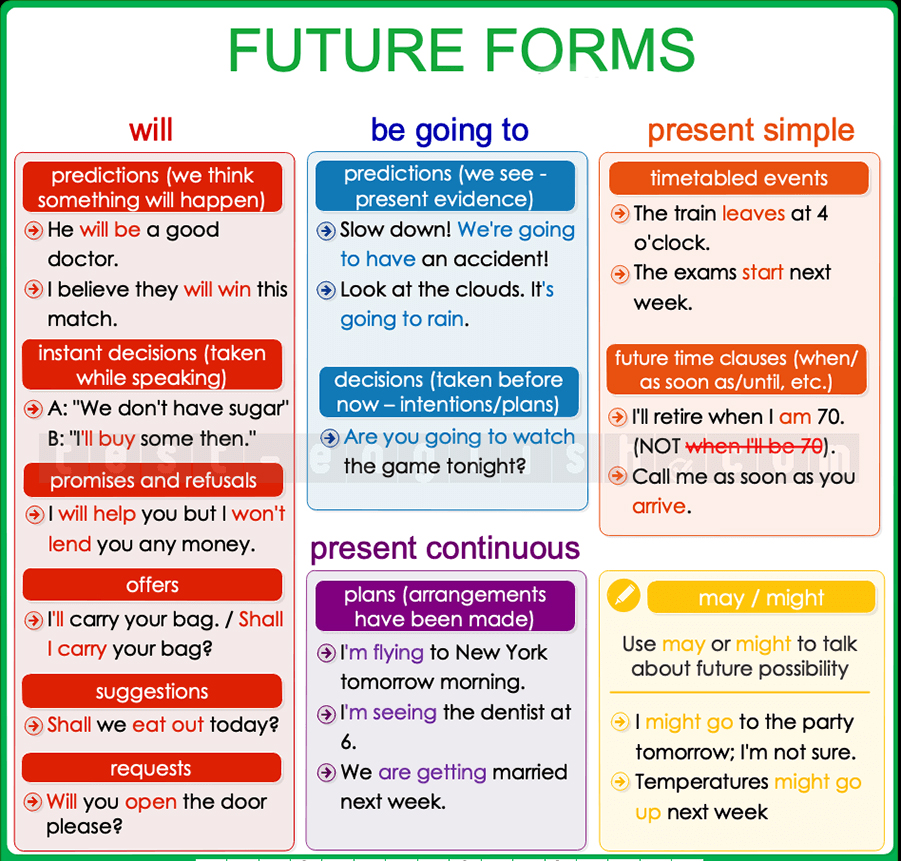 When one of our basic needs is unfulfilled, our first priority is satisfying that need. You can’t live with intention if you’re constantly putting out fires.
When one of our basic needs is unfulfilled, our first priority is satisfying that need. You can’t live with intention if you’re constantly putting out fires.
💡 By the way: If you want to start feeling better and more productive, we've condensed the information of 100's of our articles into a 10-step mental health cheat sheet here. 👇
Instantly Improve Your Mental Health For Free
Thrive under stress and crush your goals with these 10 instant tips for your mental health.
Wrapping up
Living with intention can make you happier and healthier by realizing that you can make stuff happen instead of letting it happen to you. As the name implies, living with intention is all about conscious choices, finding your purpose, setting goals and letting go of the things that don’t serve you. It might sound a little scary at first, but everyone can live life with intention - you just need to be intent on taking the first step!
What do you think? Do you live a life with intention? Or do you often find yourself distracted or working towards something that you're not passionate about? I'd love to hear about it in the comments below!
Maili Tirel Writer
School psychologist, teacher and internet counselor from Estonia.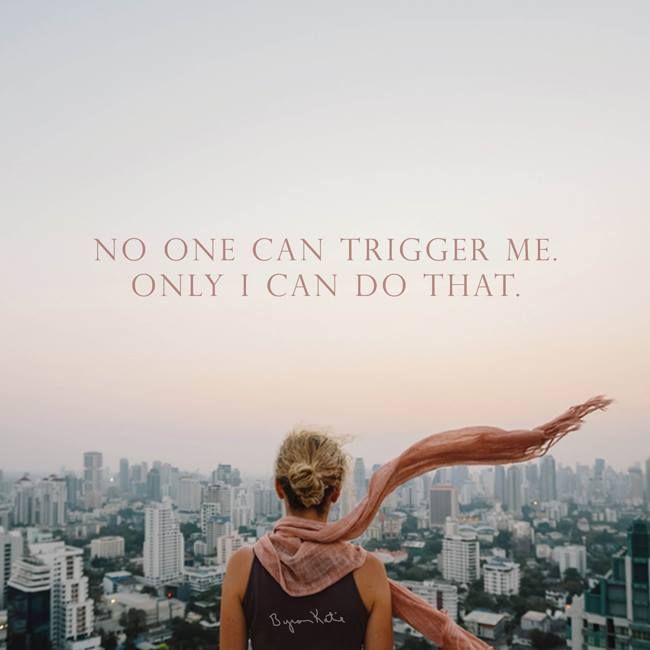 Passionate about coffee, reading, dancing, and singing in the shower, much to the neighbors’ dismay. Counseling catchphrase: “It’s okay!“
Passionate about coffee, reading, dancing, and singing in the shower, much to the neighbors’ dismay. Counseling catchphrase: “It’s okay!“
Intention in human life - Psychologos
October 01, 2022, 21:37
How does a person himself understand his intentions? How do people understand the intentions of other people? What can be done to make our intentions better understood by those close to us? How can we make sure that our intentions are more often translated into action?
- Designation of intentions
When addressing, it is important that your intentions are correctly understood by your interlocutor. However, the intentions of a person are far from always clear to him, especially since they are often not adequately understood by the interlocutor. See →
- Understanding intentions
Intention is internal, and internal is not obvious. How does a person understand his own intentions? How do people understand the intentions of other people? See →
- Intentions and deeds
Every intention is followed by an action (or inaction). Intention can lead to action. But the action does not always match the intention. See →
Intention can lead to action. But the action does not always match the intention. See →
- Intention
Comments (0):
Related materials:
Oct 01 2022
Intention, on purpose, intentionality
0Read more
01 Oct. 2022
Intentions and deeds
Every intention is followed by an action (or inaction). Intention can lead to action. But the action does not always match the intention. The intentions of the Romantic are beautiful, but empty, because the ordinary Romantic is not a doer (stupid, not effective doer). Romantics do not have written goals in a responsible format (criteria, resources, plan, deadlines) - Romantics love dreams and the search for a calling. Dreams are always more beautiful than plans, and it is easier to seek a vocation than to learn how to work efficiently.
0Read more
Jan 01 2015
Designation of intentions
Your interlocutor, as a rule, is not aware of your situation and what you want from him.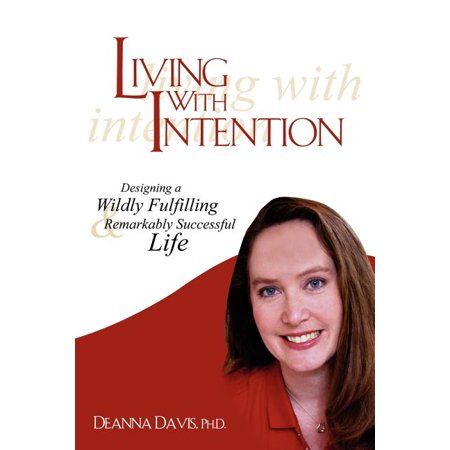 If you want the interlocutor to understand you better, clearly indicate your intentions. Do you want to talk about it? Do you want to know if I want to see this movie too? Or do I need to download this movie? Or, if you already have it on your computer, just to remind you that we wanted to watch this movie together?
If you want the interlocutor to understand you better, clearly indicate your intentions. Do you want to talk about it? Do you want to know if I want to see this movie too? Or do I need to download this movie? Or, if you already have it on your computer, just to remind you that we wanted to watch this movie together?
1Read more
Oct 01 2022
Understanding intentions
Intention is internal, and internal is not obvious. How does a person understand his own intentions? How do people understand the intentions of other people? An ordinary person of a low level of development is a way to raise his self-esteem, these are his intentions to embellish, present in a favorable light for himself, or judge himself not by (unsuccessful) deeds, but by (good) intentions, at the same time, the intentions of others to see through a negative prism, or judge not by their (good) intentions, but by their (bad) deeds. See Double standard in evaluating yourself and others;;
0More
Contents
New articles:
- "Winter and the cat", a poem
- What Churchill bequeathed to his wife
- Criticism of her husband
- Hormones and neurotransmitters.
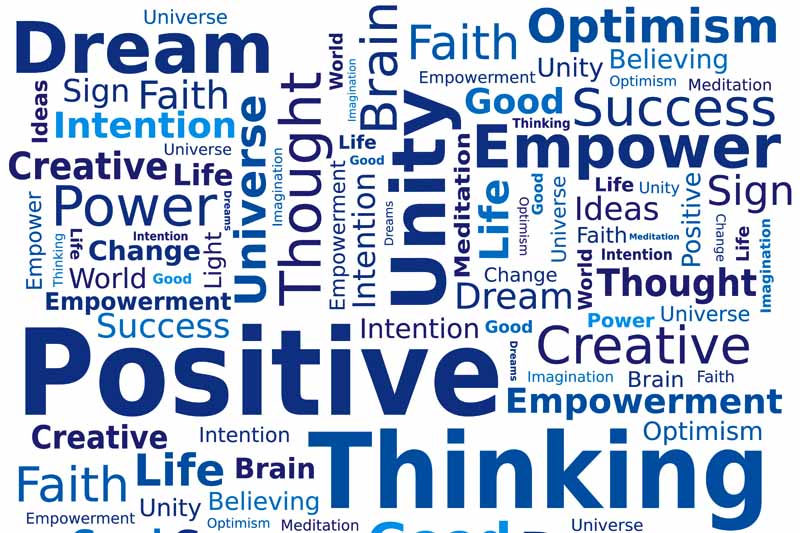 What is the difference?
What is the difference? - Stability of aggressive behavior over several years - Berkowitz
Popular articles:
- We put our shortcomings at our service
- These eyes are opposite ...
- Questionnaire of the Basics of the Family Contract
- Husband Sex does not ask
- Calm presence
Hits of the week:
- We put our shortcomings for the service 9000
- A
- B
- to
- D
- D
- F
- W
- and
- K
- L
- M
- H
- O
- P
- R
- C
- T
- W
- F
- X
- C
- H
- W
- E
- I
- Tove Jansson's heirs banned the use of Moomins in Russia
- “The husband says that his infidelities are the mistakes of youth.
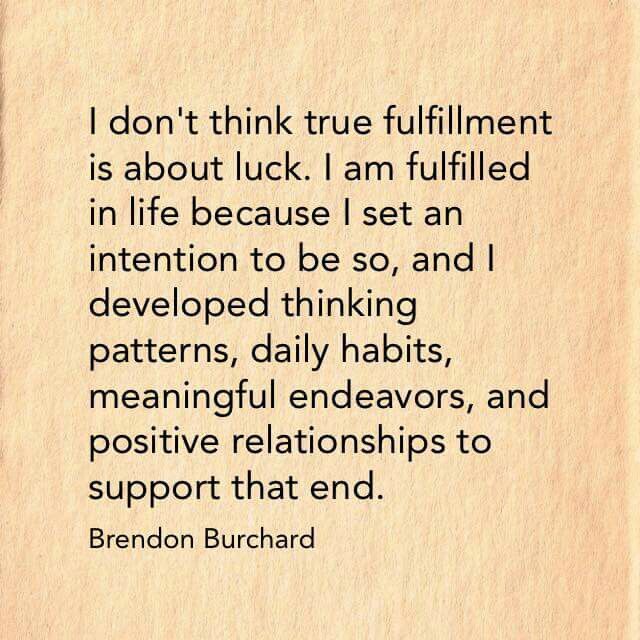 How to trust him?
How to trust him? - How to Deal with Passive and Passive-Aggressive People: 3 Tools
- "How are we going to share the apartment?" 7 myths about the prenuptial agreement - explanations of the lawyer
- Curse of parents: 8 major mistakes in choosing a profession for a teenager
- "I want to tell my uncle's wife that he molested me when I was 14. But I'm afraid"
- “The husband lives next to his wife, but by himself. Should I get a divorce if she is 48 and he is 56?
- "Other people are worth nothing": Is marriage to a narcissist a threat to mental health - scientists answer
- “I can’t forgive my mother that my brothers raped me in my childhood”
- "I lived in a nightmare all my childhood - my mother's roommate insulted me, beat me and harassed me"
- Psychosomatics of abuse: how the female body changes if the husband is a tyrant
- "Pulling to the left": is it normal to want to change if you are in a relationship - psychological analysis
- “I envy my sister—she is in a relationship, but I am not.
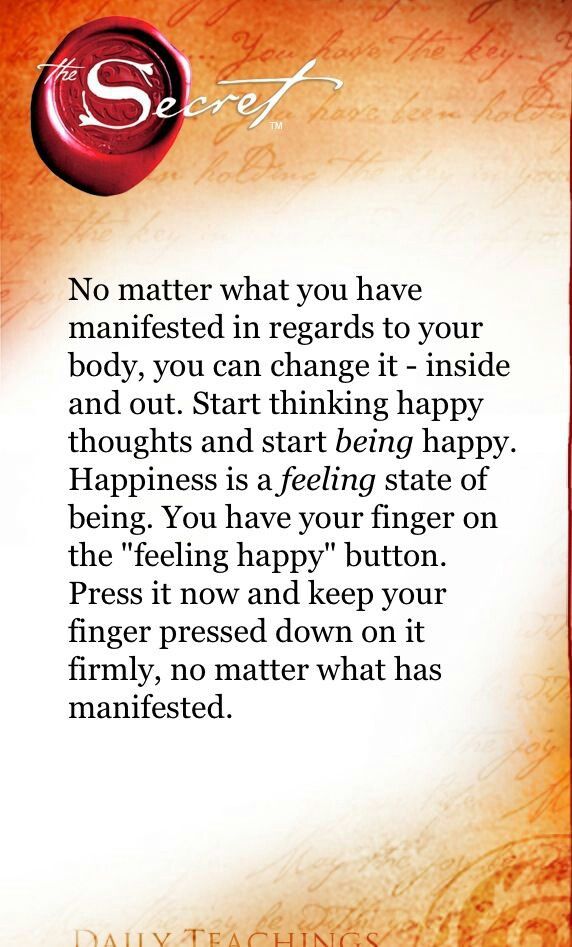
Intention. What is "Intention"? The concept and definition of the term "Intention" - Glossary
Glossary. Psychological dictionary.
Intention - a well-thought-out choice of a goal and the subsequent implementation of actions that contribute to its achievement.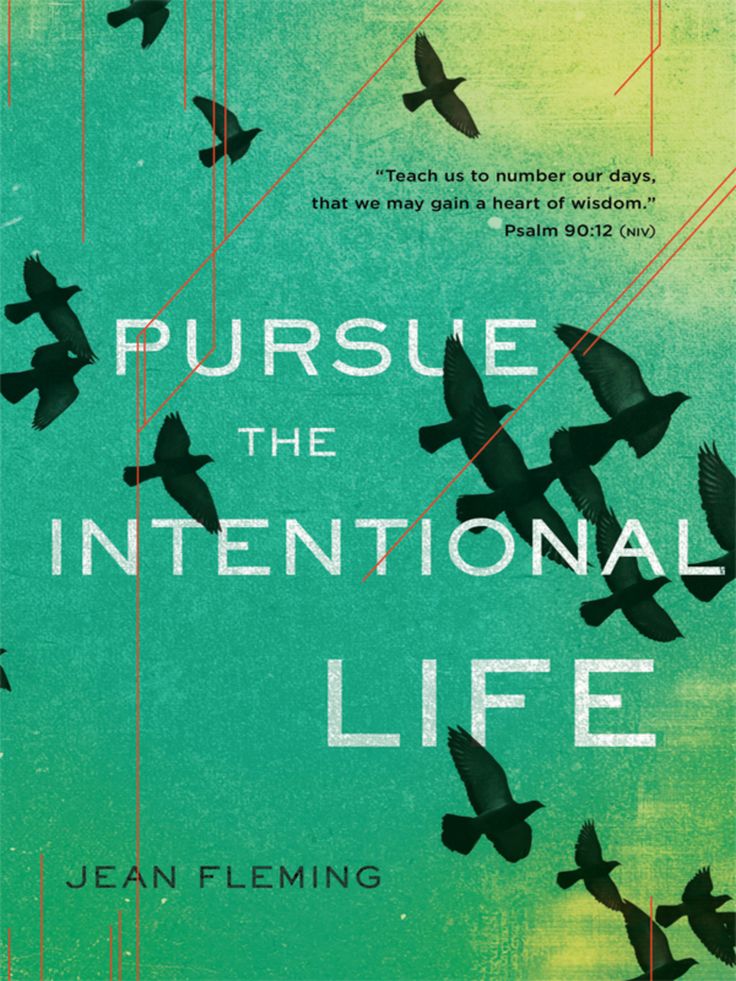 At the same time, the goal should be difficult to achieve, requiring the passage of several stages.
At the same time, the goal should be difficult to achieve, requiring the passage of several stages.
Based on this characteristic, we can conclude that intention corresponds to three indicators: awareness (the goal is chosen for a reason), motivation (the goal must be desirable) and remoteness of the goal (time spent on achieving it). The last characteristic (remoteness) suggests that the global goal may have intermediate links for which intention becomes the main stimulus to action.
Intention is one of the main motives of human activity: moreover, psychoanalysis asserts that any behavior that at first glance looks random actually has an intention. The importance of intentions was one of the first to be noticed by the pharmacist Emile Coué, who worked in France at the beginning of the 20th century. He noticed that the same drug has different effects on patients with similar symptoms of the disease. After talking with patients, Kue came to the conclusion that people who believed in the effectiveness of the drug used recovered faster. Thus, not only and not so much the remedy itself played a role in the treatment, but the mood of the patient and his intention to get well.
Thus, not only and not so much the remedy itself played a role in the treatment, but the mood of the patient and his intention to get well.
After that, the pharmacist opened a psychotherapeutic clinic in which this intention was instilled in patients by repeating the appropriate phrases. This later formed the basis of the currently popular placebo effect.
< Compulsive states
Narrative psychotherapy >
Popular terms
Intention
Plans for the year: how to achieve your goals?
In the last days of December, many of us are planning for the next year or making promises to ourselves to accomplish something important. But often these plans are not destined to come true. Why do we easily abandon what we have planned and what needs to be overcome in ourselves in order not to deviate from the fulfillment of promises and tasks?
Media news2
new on site
Today they read
